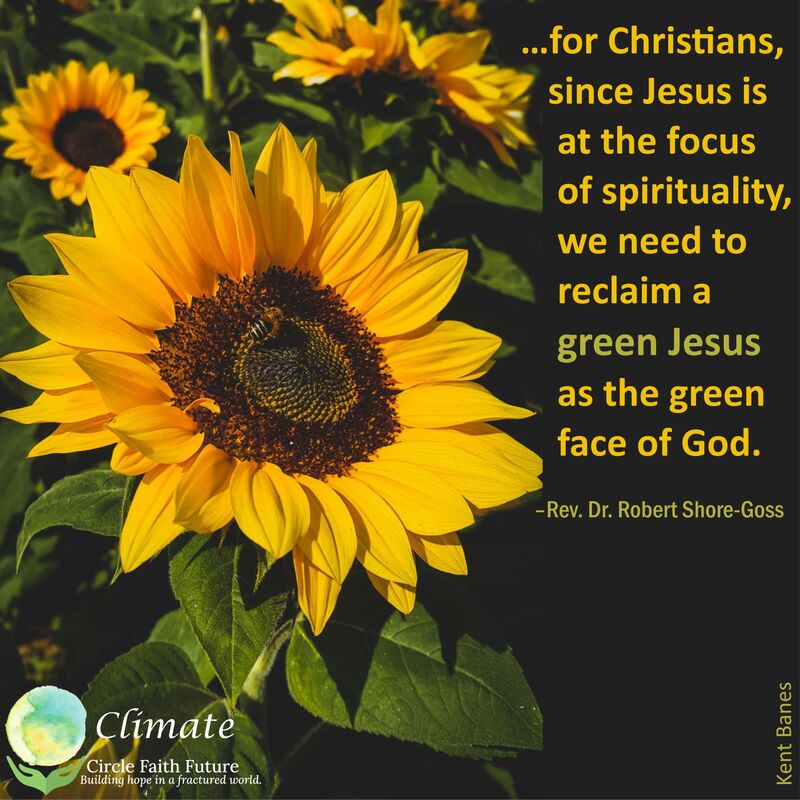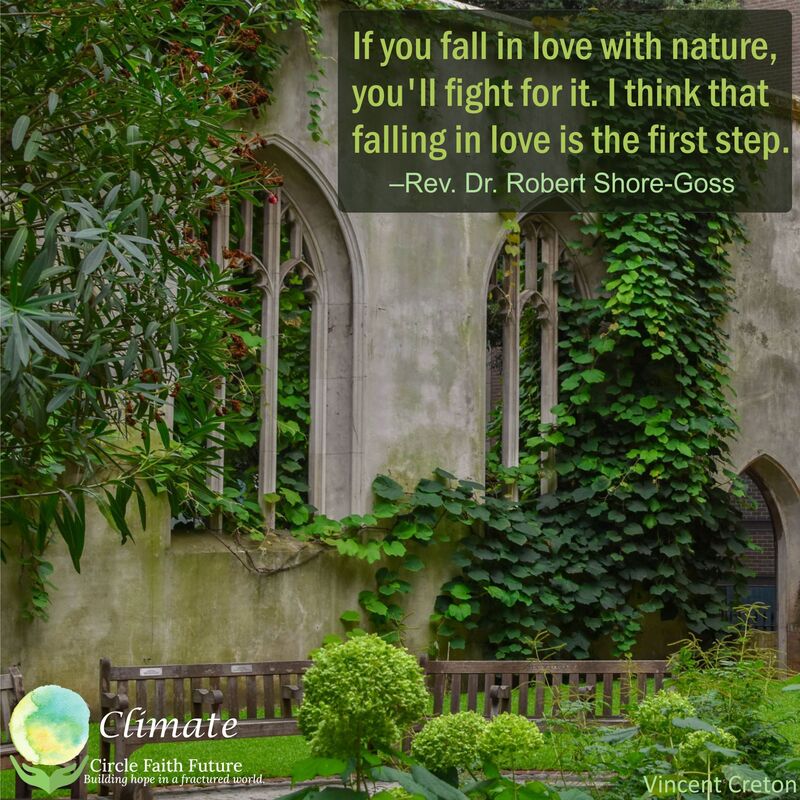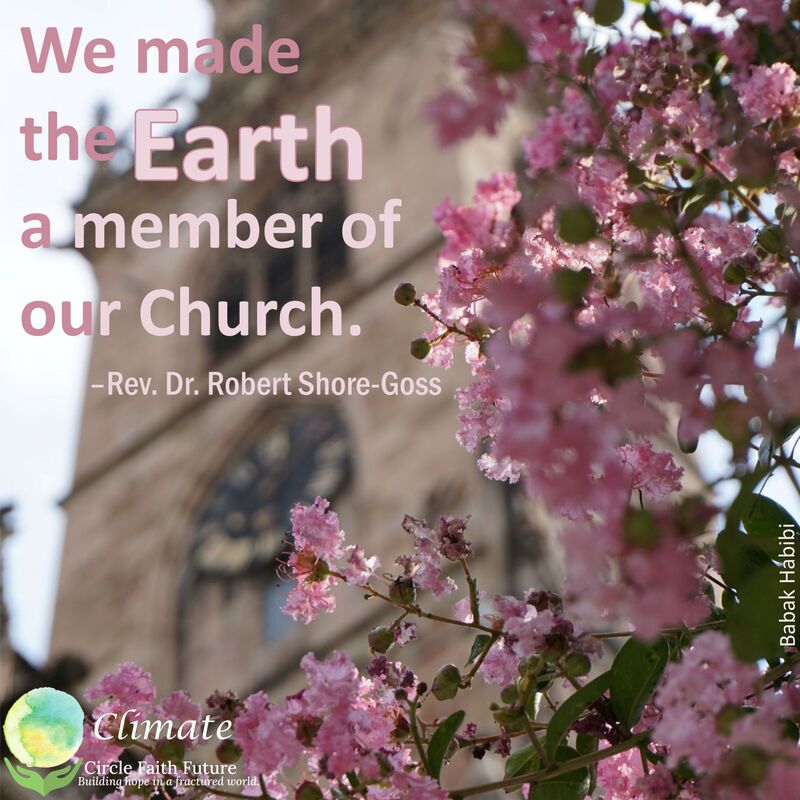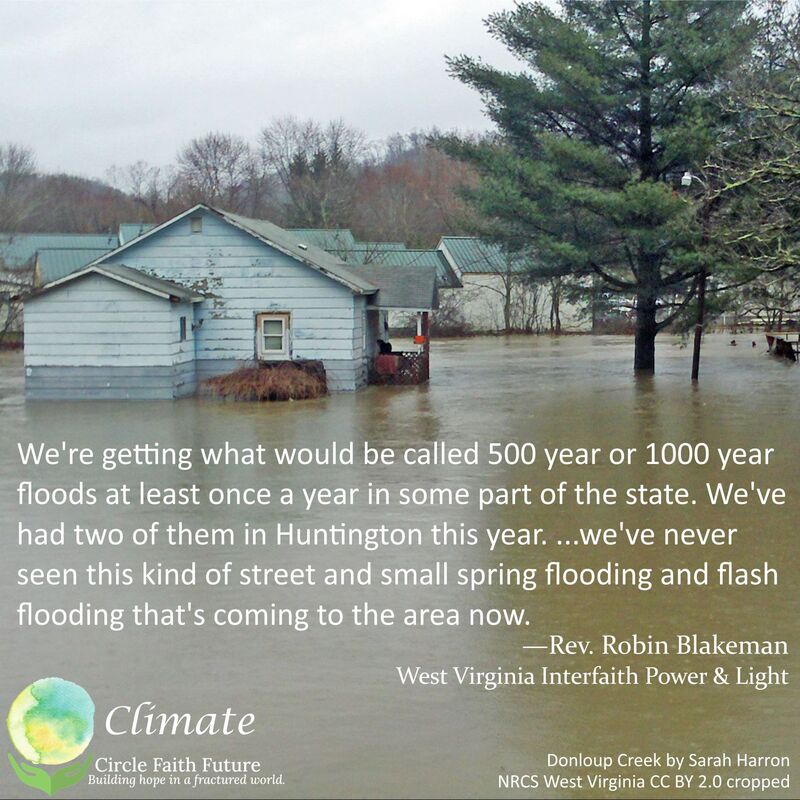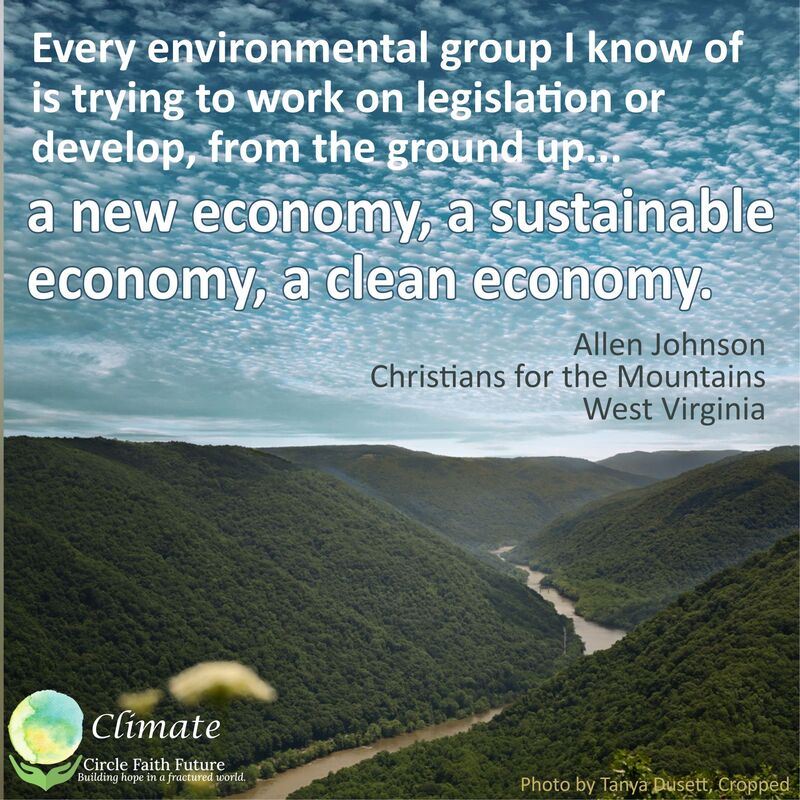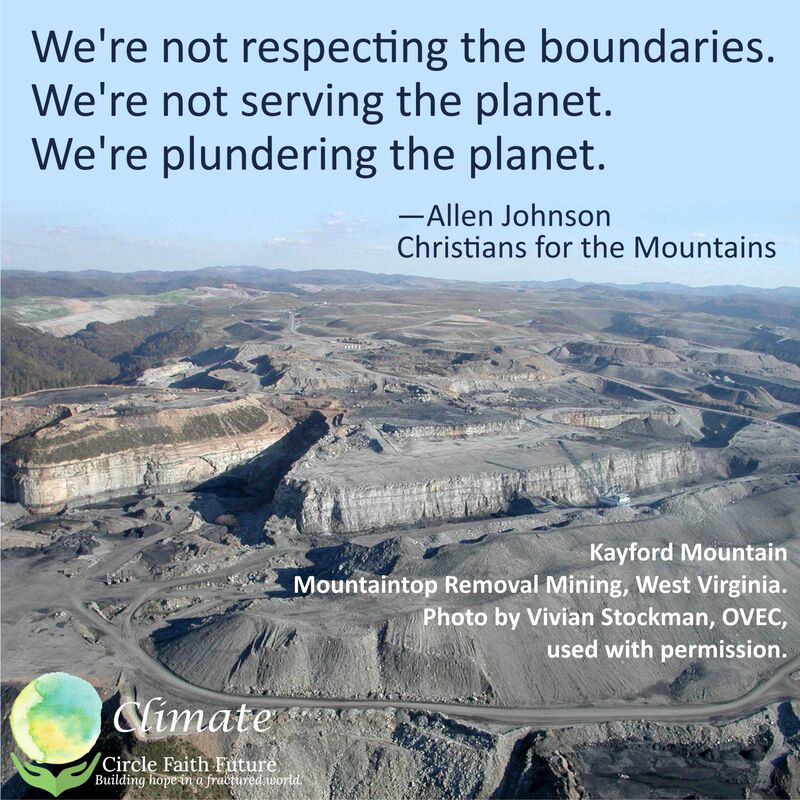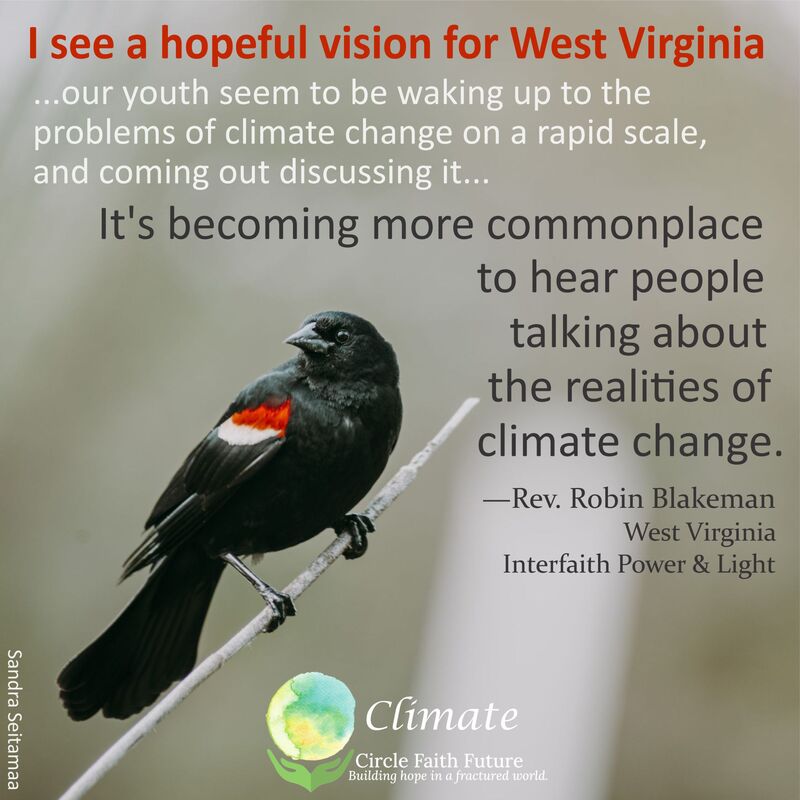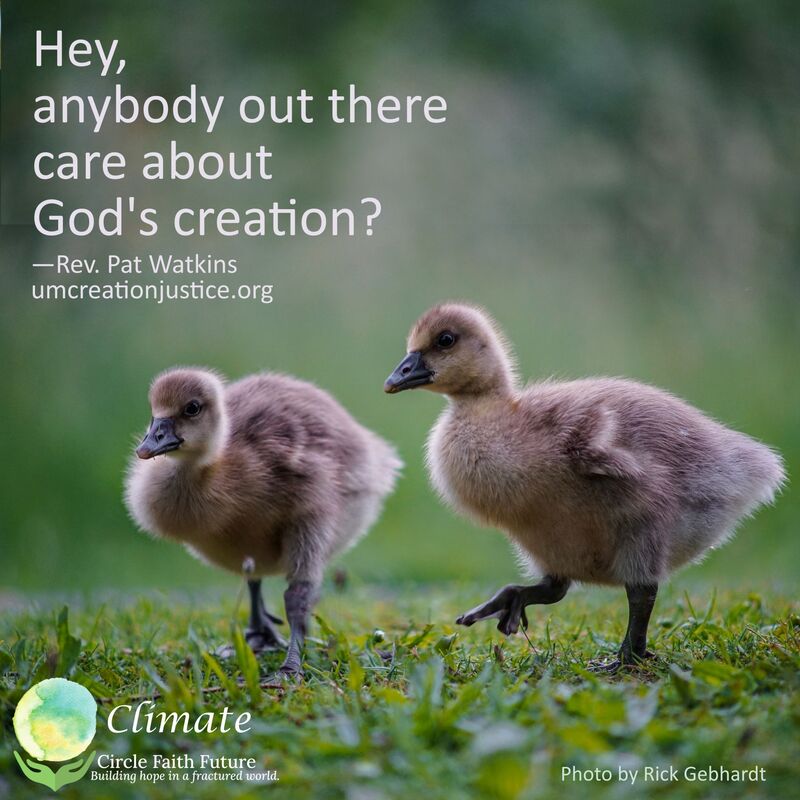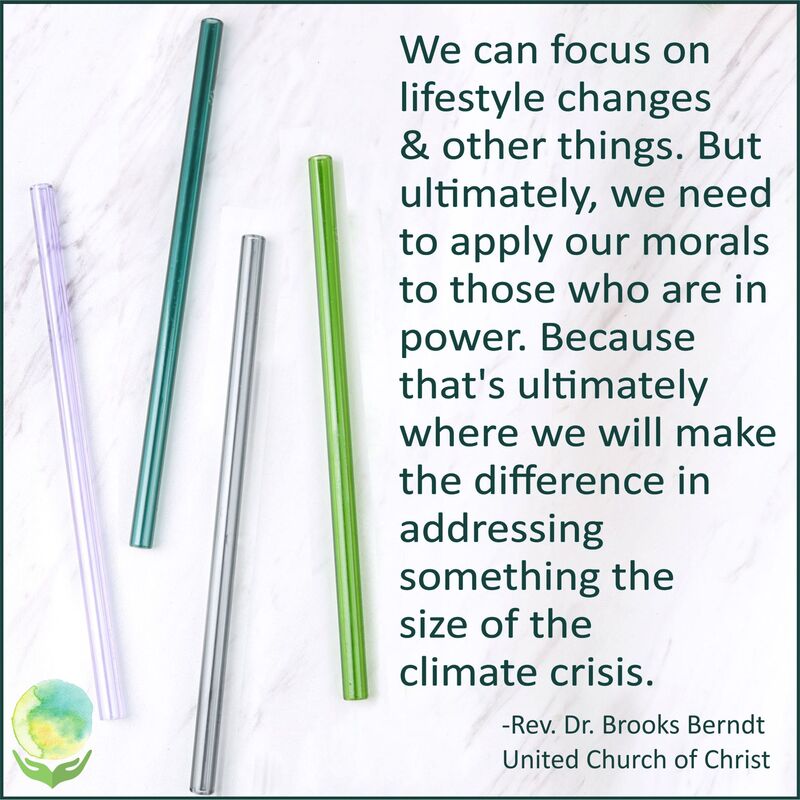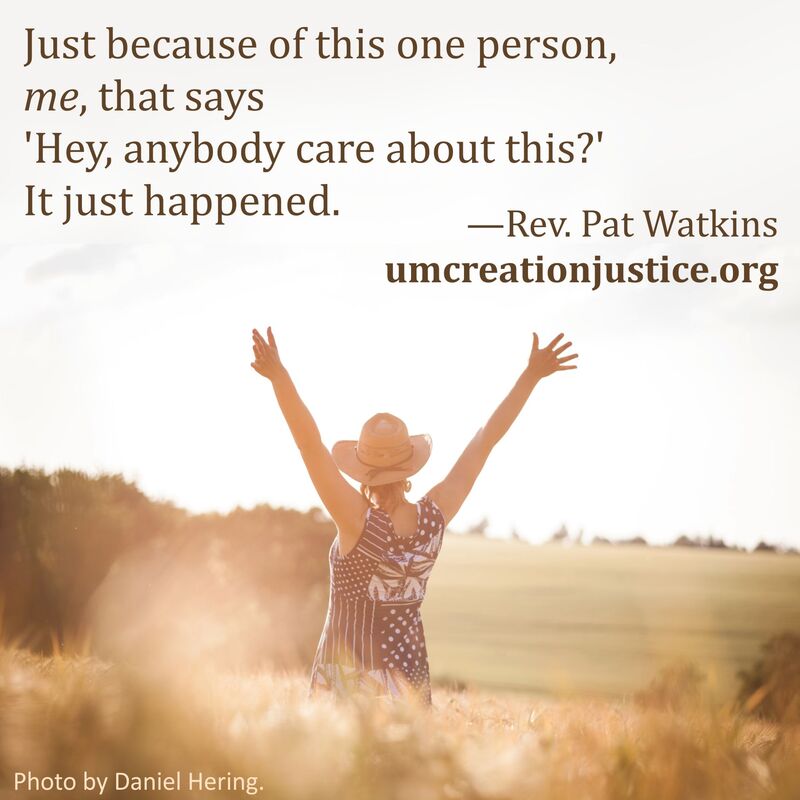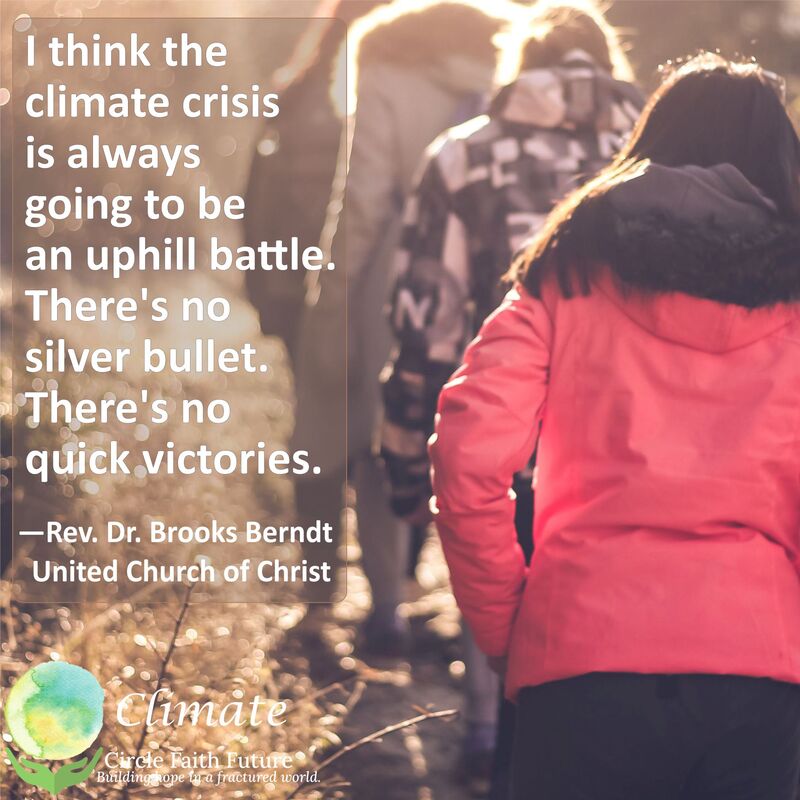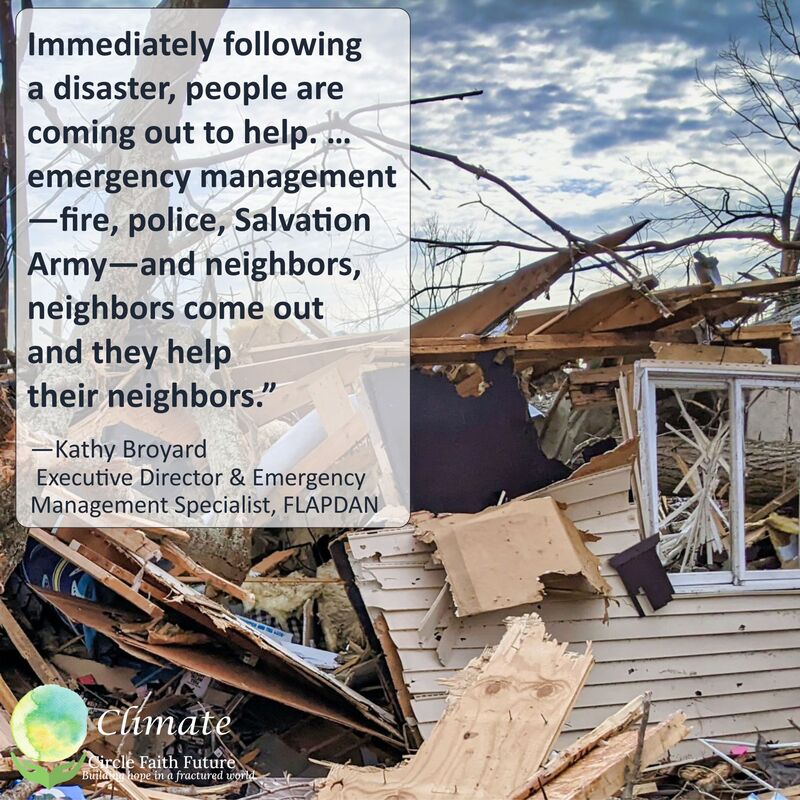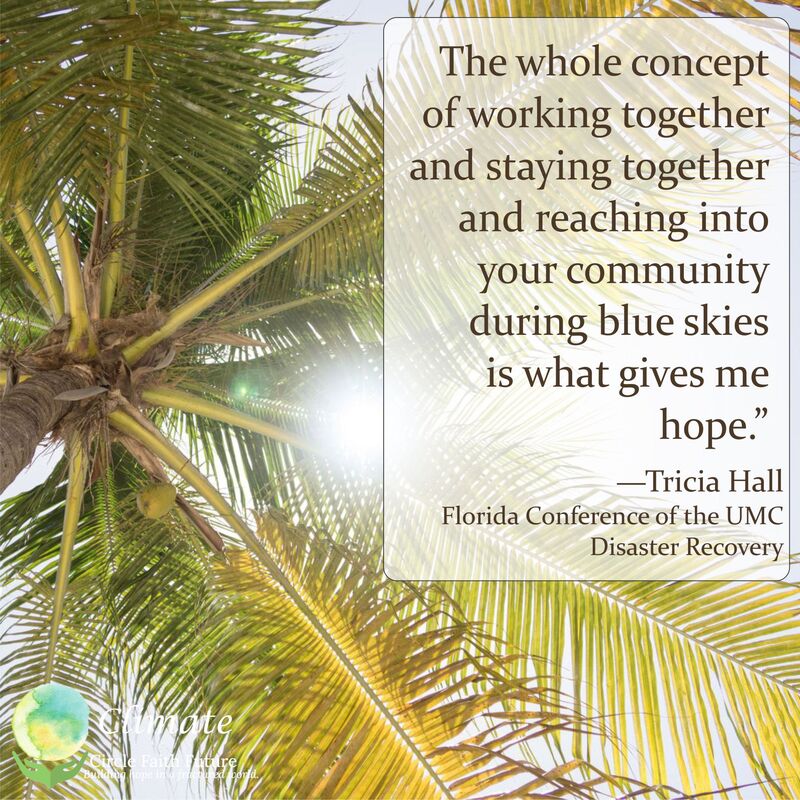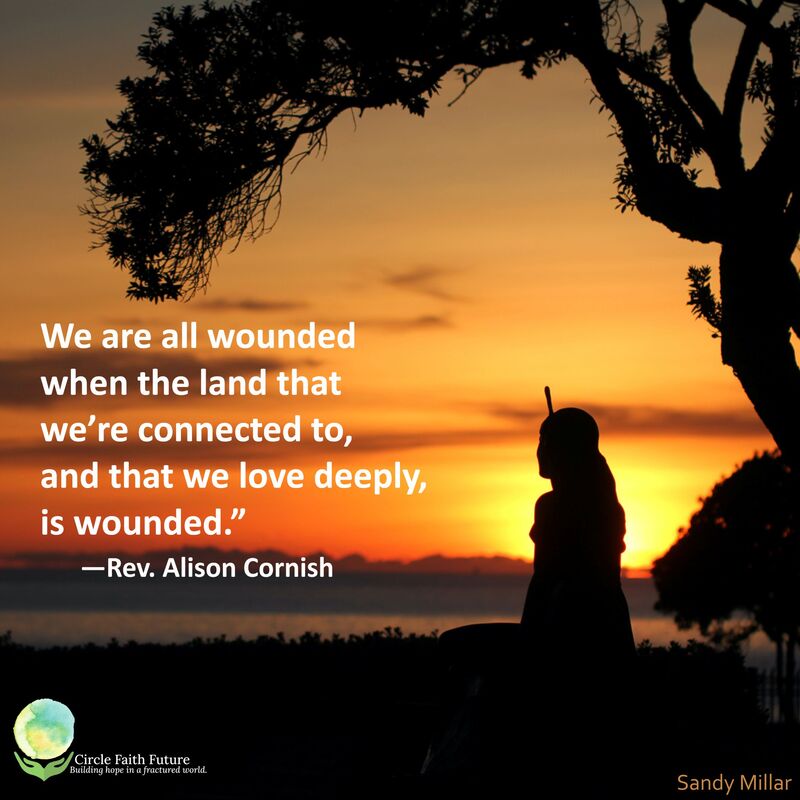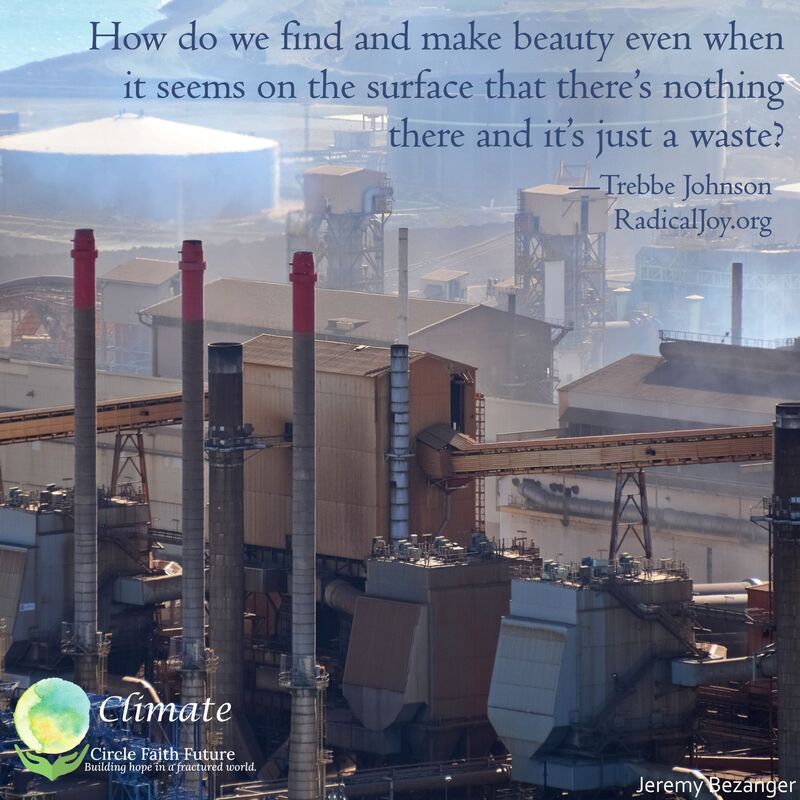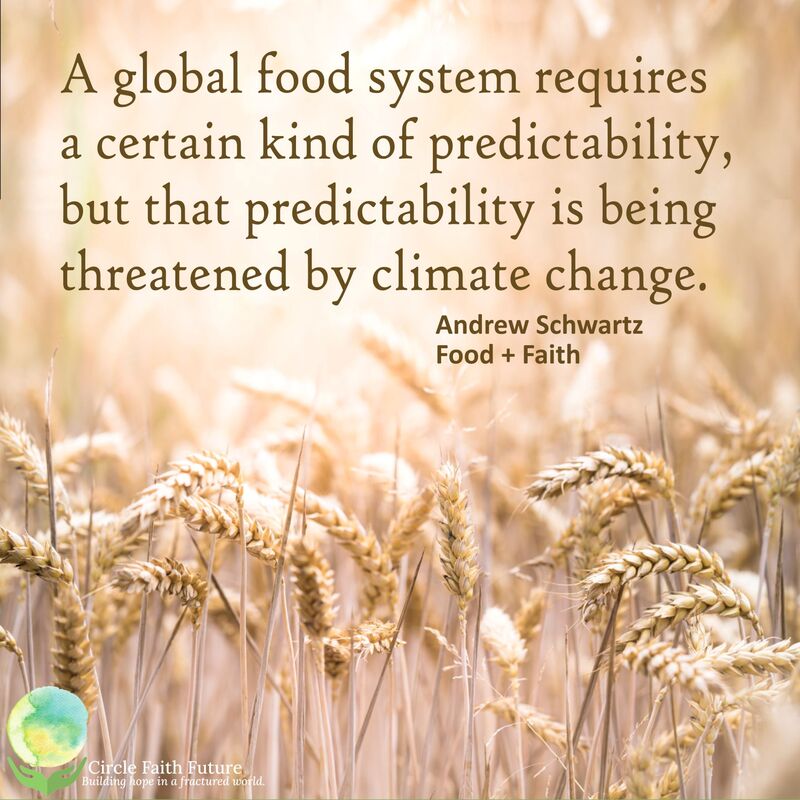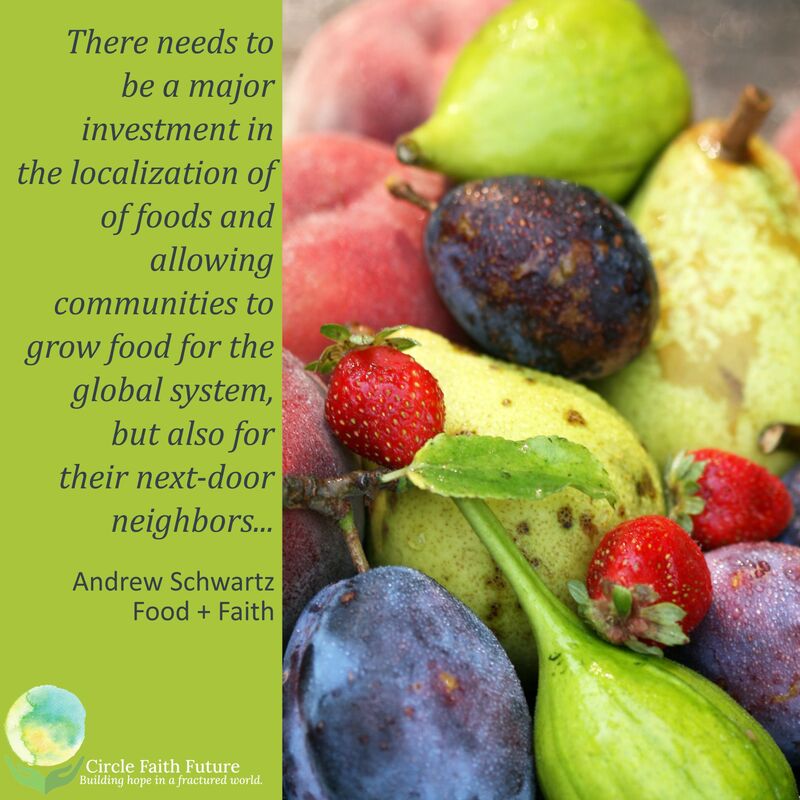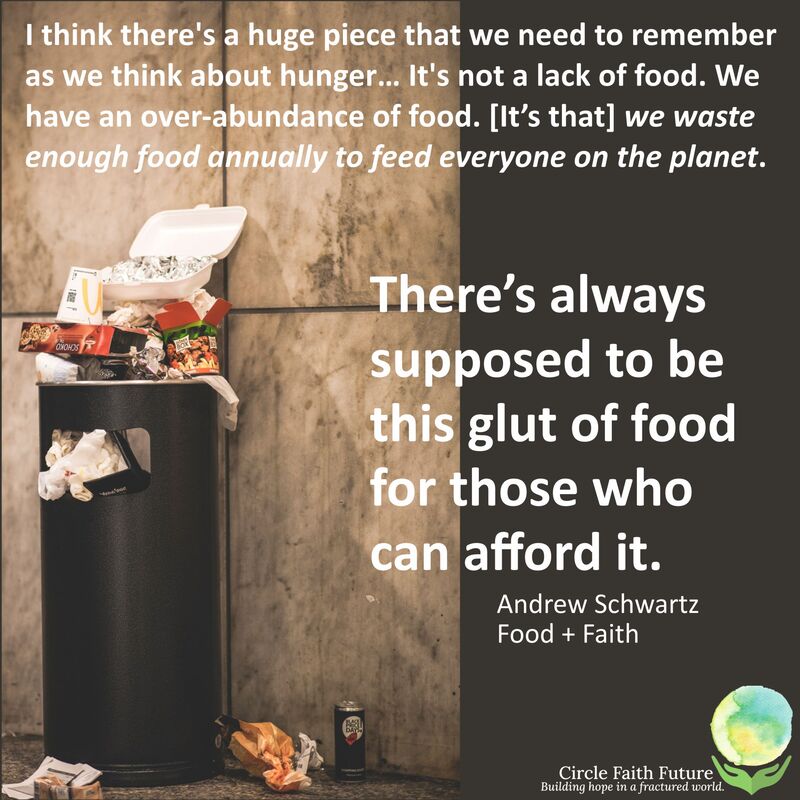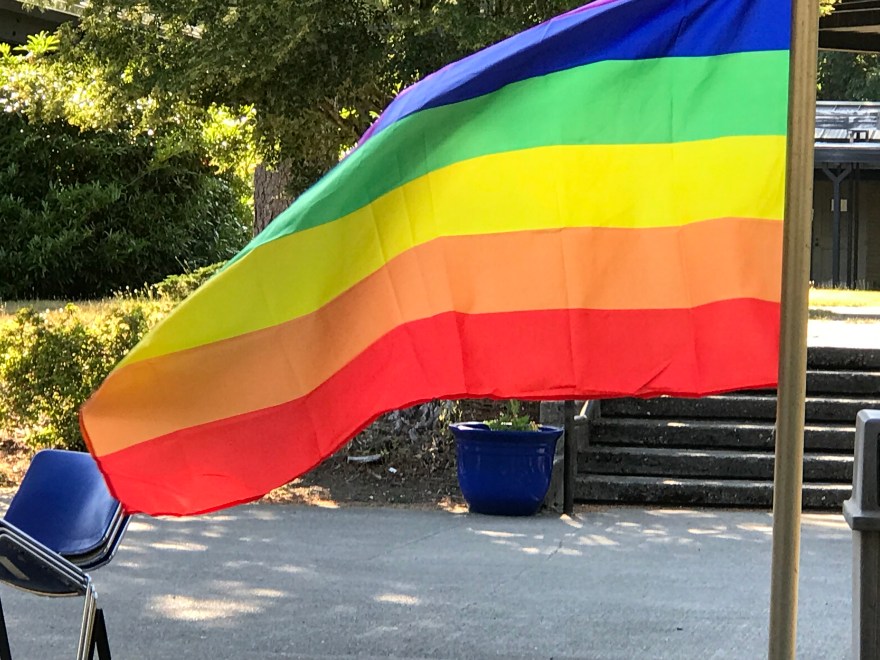|
Hello, Beloveds!
Over the past month, we have celebrated Freedom with Juneteenth and with the Independence Day. I’m not sure how many people understand Juneteenth, but I’d love to share my first experience with you. Several years ago, I’m not sure how many, I was invited to a Juneteenth celebration at the Woodinville Community Facility. That is a state facility. It was odd, to me, to celebrate the day that the last slaves in America were declared free. You can read the history at the National Museum of African American History & Culture. At that first celebration that I attended, it was a few talks from leaders of the Black community and a BBQ. The next year, it was held at King County Juvenile Detention, outside, on the grounds. Honor level youth were allowed to attend. Larry Gossett was a speaker. Of course there was food. And they brought kids from the community facilities to this event. In the gym, they had a display of items from the enslavement era in the US. It was horrifying to read the depths of the inhumanity that white America visited upon those who were enslaved. I am sure that my southern history class did not cover even half of what I learned that day. You can find some artifacts of slavery at the slavery & remembrance website from the UN. You may ask why Juneteenth is so important to detention centers. The reason is the disproportionate affect that incarceration has on people of color. Additionally, our concept of policing is directly taken from the policing strategy developed after enslaved people were freed. There is a direct line from white supremacy to modern policing. Does that mean that every police person is outwardly racist? No. But it does mean that the system is deeply rooted in bias that works against BIPOC youth (Black, Indigenous, People of Color). We are all doing our work to decrease bias—at least I hope we are. We see the evidence in King County by observing the decrease of youth held in incarceration. With an average daily population of about 40 kids in a county that has about 450,000 youth under the age of 18, that is about 0.00888% who are incarcerated. Of course, within that small percentage, the youth are disproportionately from the BIPOC community. We, the societal we, continue to explore ways that systems are biased against youth of color to produce such an outcome. But we have come a long ways! Now, we have to work towards other counties realizing the same results that have been realized in King County. The work is just beginning! Accountability Last month, we shared our goals. We will be sharing updates monthly as an accountability measure. We have accomplished the first goal! We donated 10 refurbished tables acquired from the company store at Microsoft to Community Passageways for at-risk-youth who need tables or laptops to do homework. We are currently working on a fundraising plan which is due by August 30, 2022. We decided to do a mini-fundraiser in July called “Christmas in July: The Twelve Days of Giving.” We have a small goal of just $5000 to help us purchase spiritual materials for youth. Look for that launch in about 10 days! We have removed a volunteer recruitment drive for June and July because we recruited folks without doing a drive! And our other goals are coming along. Thank you all for being accountability partners! If you have any ideas or feel called to help in any way, please reach out! We are wiser and better together. Love, Rev. Terri Jane Stewart
0 Comments
Does nature have rights? Growing up this question seemed both obvious and ludicrous. Ludicrous because growing up the grown ups focused on the planet and land as something to be used to make profit. The land was to be used, it should be profitable. So the idea that nature had rights was a crazy one. Yet, I grew up with a forest as a playground. I literally grew up playing every day in the woods, chasing fox and rabbits and turtles, stuffing my pockets with a gartersnake or caterpillars. If you had asked me if nature had 'rights,' rights to exist, rights as a living place filled with living things, I would have yelled, YES! With the climate crisis now upon the globe and causing serious damage and claiming lives, habitats, and with many species in danger of extinction, the question rises now urgently. Does a river need a 'use'? Is it only for profit? Or does a river have a right to be as it was created to be, wild, free, beautiful, and full of life from the river banks to the fish? Some communities have recognized the right of nature to exist for generations. Others are noticing that using the planet for 'profit' has had some very deadly outcomes. A movement is growing to actually assert the rights of nature, to make it clear and unequivocal that use-profit-destroy has led to an absolute crisis. The trauma to communities and species and land that humans have cause in pursuit of profit will not be undone without new teaching and new effort. A handful of organizations and even governments have started to declare and codify the Rights of Nature. The UCC (United Church of Christ) in July of 2021 was the first church denomination to do so. Read more about that effort at Faiths4Future.org: In 2021, the UCC became the first denomination to affirm the Rights of Nature. We spoke with the lead author for that resolution, Rev. Bob Shore-Goss, about kin, spirituality, and the rights of nature “We made the Earth a member of our Congregation.”
It's all about getting to know people. And at the Climate Cafe Multifaith we had a chance to learn about West Virginia and the effort there for people, communities, and the environment. One of the things that really struck me as we got to know each other is that West Virginia reminded me a lot of Oregon. Yes, West Virginia is getting a lot more water than we are, regular flooding that effects thousands every year. Worse, when industrial waste and flooding get together, then the risks of contamination of rivers and streams only gets worse. In Oregon, I mostly pray for a little more rain, rain to fill the reservoirs, and rain to sustain the ferns and forests. But West Virginians and Oregonians both share a love of the land, a love of camping, hunting, fishing, canoeing or kayaking, and even foraging for wild berries, roots, medicines, and mushrooms. I am not a forager, but an afternoon sitting under a shade tree while the water of a creek runs by is about heaven in my opinion. The main difference--besides that flooding--is that in West Virginia they have a way of mining coal that is called mountaintop removal. There are mountains in West Virginia where the coal companies literally blow off the top of the mountain in order to get to the coal. This causes many problems, including that fine particulates in the air from mountaintop removal has been shown to cause real health problems. There are many people in West Virginia who have spent years in an effort to stop mountaintop removal and more fully assess its impacts on human health. It seems to me that the more we learn about each other, the places we live, and the land we love, the more we can find ways to preserve the natural world. The challenge is to change the way things are being done, to care about people and their future, to care about ensuring a good, green world for all. Read more about the conversation at Faiths4Future.org: Climate Justice in West Virginia—“the prettiest place in the world,” a conversation with Rev. Robin Blakeman of West Virginia Interfaith Power and Light and Allen Johnson, Christians For the Mountains.
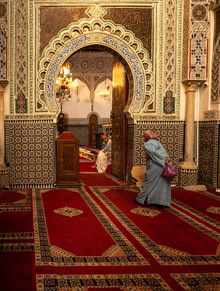 Hi all! It's been a hot minute since I wrote a blog post, but here it is! I'm a Christian, a follower of Jesus. For me, one of the most sacred times of the year is Lent and Easter season. Lent, the time to prepare for the Resurrection and then Resurrection, of course! It is very easy for me to celebrate this time. It is also easy for the youth in detention to celebrate being Christian--95% of all the volunteers that come to detention are Christian. That means that it is hard for youth of other traditions to feel like they are being served. Luckily, we have Chaplain Robert Blanton, a Muslim chaplain, to aid us with our Muslim youth. But, the diversity of youth does not stop at Muslim or Christian. We have Jewish, Pagan, Wiccan, Inter-Faith, among others. It is my job to advocate for each and every youth so they can get their needs met. This year, the biggest advocacy we have done so far is getting our Muslim youth's needs met regarding Ramadan. Ramadan started April 1 and ends May 1. During this sacred observance, Muslims around the world fast from sun-up to sun-down. That means about 5:30 in the morning for rising and about 8:30 for setting. No food, no water. Additionally, the fasting includes abstaining from anger. In fact, avoiding anger is considered a priority. We have one youth who has dedicated himself to fasting during Ramadan this year. He is a fantastic young man--smart and funny. Also, very determined. He has been doing a great job! However, it started off shakily. He needs daily medication which was typically administered about breakfast time -- well after sun-up. Our job was to help detention imagine that they could indeed have someone get to him early, before sun-up, and give him his meds! And, thankfully, they did it. It is the first time that I know of that this accommodation has been made. I am grateful for the leadership who imagined creatively with us and were willing to bend. Easter goes from Resurrection Sunday to just before Pentecost. Imagine if all the Christians around the world fasted from anger as those Muslims observing Ramadan do?! Wouldn't it be fantastic! I am grateful to all of you for being willing to journey with us. Together, we help youth see the giftedness that is inherent within each one. Peace, Rev. Terri There is definitely a climate awakening happening as the storms and droughts begin to impact people in the United States. At the Climate Cafe Multifaith, recent conversations included folks leading up the new United Methodist Creation Justice Movement and Environmental Justice in the UCC. The UCC has been a leader in the Environmental Justice movement since the 1980s, and stood alongside communities dealing with polluting industries and toxic dumps. The UCC has authored reports, also, that have significantly helped the effort to address environmental racism and degradation. The Methodists are hoping their denomination will also step up. There is a grassroots growing of regular folks developing green teams and worship materials in different regional areas. And in 2016, the United Methodist Earthkeepers was formed. All of this is really needed as we are all learning together to figure out what climate change is, how environmental degradation effects everyone, and what ways this harm can be addressed. Teamwork is a great way to get started. Head over the Faiths4Future to read more about these efforts: Naked Truths and Public Advocacy: Climate Crisis and the UCC with Rev. Dr. Brooks Berndt. Mobilizing Methodists: a Movement for Creation Justice Grows in the UMC, with movement leaders Rev. Pat Watkins and Cathy Velasquez Eberhart
Climate change impacts local communities in almost every way. Worsening storms, however, bring immediate crisis. Hurricanes carry more water and churn at higher speeds when ocean water and the atmosphere is warmer. Hurricanes are cyclonic storms, and on land cyclones are tornados. Both storms need preparation and adaptation in communities to be ready. For the climate cafe, five experts joined in the conversation to talk about what cyclonic storms are, why these storms are impacted by climate change, how communities can prepare an respond in the aftermath. The full article and video is here: Plan. Prepare. Pray. Share. Conversation about climate change can be challenging. Preparing, adapting...unwelcome change. Even so there are opportunities to talk about hope, about the strength of people to help each other, and of the opportunity of community leaders to help and encourage others. It is also true that as we work to prepare and care for each other, we can build cleaner, greener communities for all. Learn more about hurricanes and preparation by clicking over to the article. I'm catching up with some of the work from Faiths4Future Climate Cafe Multifaith. As Steward of Climate at Circle Faith Future, one of the things I do is reach out to connect with others in the wider network of folks working on climate in community. One of those efforts--all volunteer--is the Climate Cafe Multifaith. I want to share and boost some of the great conversation going on in the Climate Cafe space with some sharable social media that I hope helps get folks thinking about and talking about the Climate Crisis. In February the conversation focused on EcoGrief. Here are some key quotes from the Cafe. I really encourage you to read more on the Faiths4Future site: EcoGrief and Acts of Beauty. “We are all wounded when the land that we’re connected to, and that we love deeply, is wounded.”—Rev. Alison Cornish I really appreciated Rev. Alison Cornish's words here. She was speaking of her own experience with the destruction of land she loved when farms and native trees were destroyed to build warehouses. I also appreciated also the words of Trebbe Johnson: “How do we find and make beauty even when it seems on the surface that there’s nothing there and it’s just a waste?”—Trebbe Johnson Trebbe shared practices developed over many years, practices of going to broken places in the world to offer gifts of beauty. These practices of Radical Joy invite us to see, remember, and in some ways restore the beauty that is still of this earth even when humans cause harm. I invite you to read the articles and check out video from this Cafe. -Richenda Many folks do not realize how important a steady climate is for farming and food production. Many of us see plants growing everywhere and it is easy to think that plants will just grow. We imagine that wheat and corn and peaches and cauliflower just take seeds and a watering can. The reality is more complicated. Food systems left local farms and small gardens long ago, and now our food is grown by large agri-businesses. These agri-businesses have benefited from thousands of years of soils enriched by sun and rain. They thrived in a stable climate that brought an expected range of heat, cold, and rain. That stability is now changing. To try to get a sense of the scope of the Food/Climate issue, the Climate Cafe Multifaith hosted a conversation. Read about that conversation here: Global Food Systems and Moral Action. Andrew Schartz is the Director of Sustainability and Global Affairs for the Center for Earth Ethics. He has been one of a collaborative team of folks across the globe tackling the food systems in the Food + Faith Dialogues. Andrew Schwartz offered both warnings and encouragement at the Climate Cafe. The warnings are clear, we need to address climate change as well as diversify our food systems. The encouragement was also clear, we CAN do this! Folks are paying attention and motivated to make the changes we need. One of the best paths of hopefulness is to increase support for local farms and locally produced food. Sharing home-grown food with neighbors is a great way to celebrate strength in community! What we need to think most about is the injustices in the system. There is enough food produced on the earth to feed everybody--everybody. But some communities have way too much, while other communities do not have enough. I invite you to read the article and check out video from this Cafe. -Richenda  I'd like to share a long story with you if you have the patience for it about why I do this work: While playing Spades with some kids in juvenile detention, I could feel a shift in the room’s energy. What started as a noisy carnivalesque environment during free time abruptly tilted. I felt a sacred veil fall between us and the world, making our card table, the altar in the Holy of Holies. But let me return to the beginning. That night, I was happy to go to juvie. I knew that James1 was leaving the next day to go home. Home to his family and loved ones. I walked through the iron gates of the sally port, heard the heavy weight of the doors opening and closing with loud thuds and pops that incite a trauma response in the calmest hearts. Descending the steps, I wondered, "What will James do first when he leaves?" I thought for sure it would be food related. In my experience, most young folks want good food when they leave...whether that is a McDonald's hamburger or grandma's home cooking. I walked down the long hall to James' unit. Peering through the thick glass as I passed the living units, I could see that it was free time—everyone was milling about, talking, laughing, making phone calls, watching tv. It was the only hour in the day where they could completely choose their own activities. I found James and we persuaded two other young men to play spades with us. Sitting down, I began dealing the cards and asked James my trivial question: "What is the first thing you are going to do when you get out?" The answer surprised me. I thought I was beyond surprise, but here it was once again returning to me like a nagging mother. James whispered, "I wish I was going home to a normal family." I felt a record scratch in my heart. The moment pivoted and became extraordinary. I felt the sacred veil descend upon our table, holding us together as beloved community. Listening and holding this new piece of information, I did not let a single muscle twitch in my face nor did I stop dealing the cards or playing the game. But I knew, we were starting an entirely different game, new to all of us—the Hunger Games of the soul. I replied, "How so?" His answer shook me to the core. Clearing his throat, he answered, “I’m going home to live with my mom. The problem is that I’ve been here, getting clean and she’s a meth addict. I don’t want to use drugs again. But, I know that when I go home, she’ll invite me to do drugs with her and I don’t think I’m strong enough to say no.” Bloody hell. Why should a kid have to say no to this? To their parent? I asked about his dad. He told me that his father was a gang member and that if he went to be with his dad, he didn’t think he would live past the age 21. Can your heart actually beat out of your chest? Because it sure felt that way. As James’ opened up, the other two boys in our card game took it in. His sharing prompted them to begin their own sharing. One child witnessed his mother’s rape and his father’s murder. He was in jail because his temper kept overflowing. The last child at the table said nothing. It is hard to say why he was silent. But he was listening. We all kept playing the game. Putting our cards on the table. The conversation began to return to normalcy. Our hour was up and it was time for them to go to bed and for me to leave. The sacred veil become a shroud of hopelessness as I walked through detention, dragging it with me like a dirty blanket. This was bad. I was running through all the statistics I know about incarceration. These boys had all the markers of endless prison. They were young men of color caught in a racist system, undereducated and likely to never receive a diploma or GED, and from families of violence, drugs, and poverty. They were at the perfect intersection of “society doesn’t give a damn” and “parental failure.” Where is the hope in that? Where is the hope for them? My drive home was tortuous. I called my family and let them know that I was coming in hot and they should probably leave me alone so I could work it out. Rather, I needed them to give me space so I could find myself again. At home, I put myself to pen and paper and began writing. I wrote of bloody, vulturous hyenas and their prey, murdered children. I channeled the darkest writings of lament in the tradition of the Davidic Psalmist, taking the society to court and finding them guilty of murderous, death-dealing. However, the “so what” reared its ugly head. What does it matter if they are guilty? If we are guilty? Guilt doesn’t change anything for James. It was all just too horrible. Sitting in despair, an image came to me. An easter lily floated down from the sky and landed gently at my feet. Maybe it plopped but I imagine that I remember it floating. There it was. A classic, White Heaven lily, laying at my feet. I wanted to skewer everyone with a flaming sword of vengeance and I got a flower? What the heck! I pondered the lily with more than a little consternation. It occurred to me that there is nothing in that flower that I can use to punish people for their wrongs. Nothing. It seemed useless. If I hit them with the lily, what are they going to do? Thank me for the perfume? The realization slowly came. The answer is the lily. Flowers are gentle and beautiful, inviting kindness and wonder. Even more, Easter is a promise that our own lives can be resurrected. Transformation is possible. Statistics do not control lives and the possibility of revolution is real, no matter what the numbers say. I don’t know where James is today. I hope that he is thriving somewhere. The reality is that I will never know the outcome of 95% of the young people I work with. That can be hard. I occasionally dip back into that dark night of the soul, but I will never forget the image that was gifted to me. It inspired me to create the Youth Chaplaincy Coalition of Circle Faith Future and it is my motivation to continue the work even when the world seems more like a rabid hyena than a gentle lily. Thank you for reading! Peace, Rev. Terri *Names changed.
|
© Circle Faith Future. All rights reserved.

